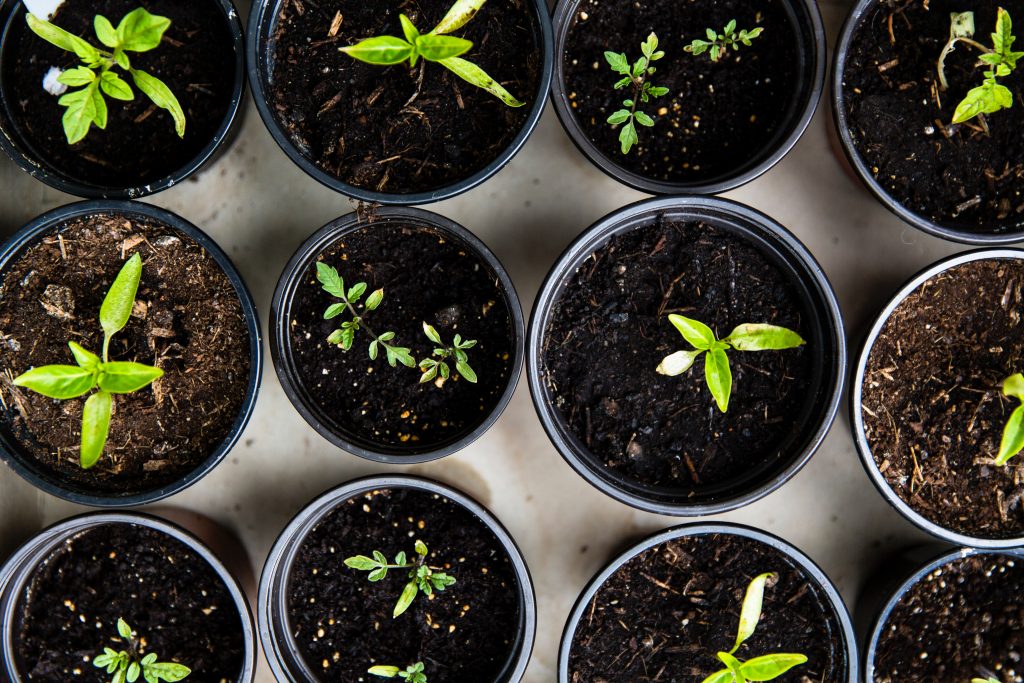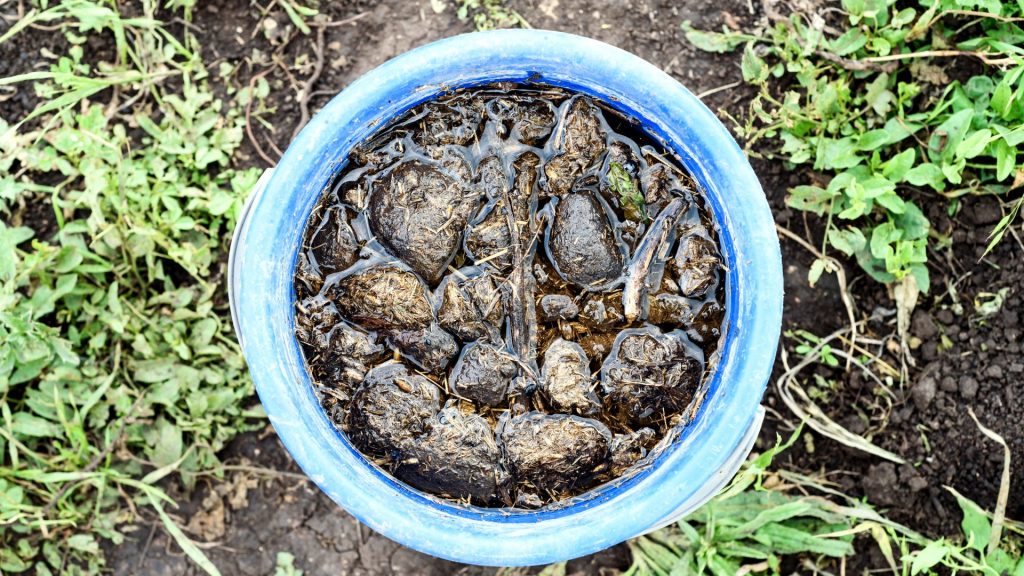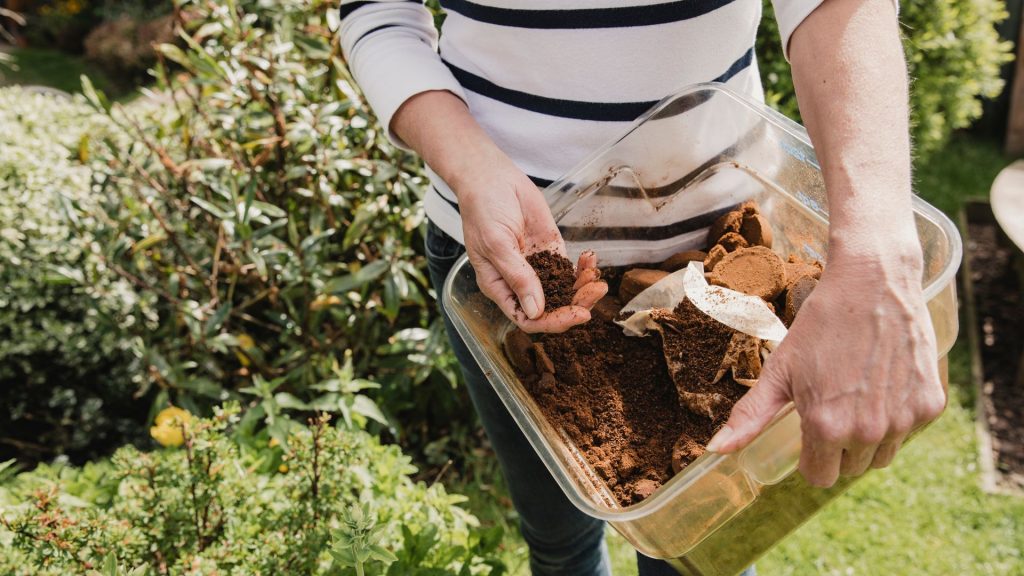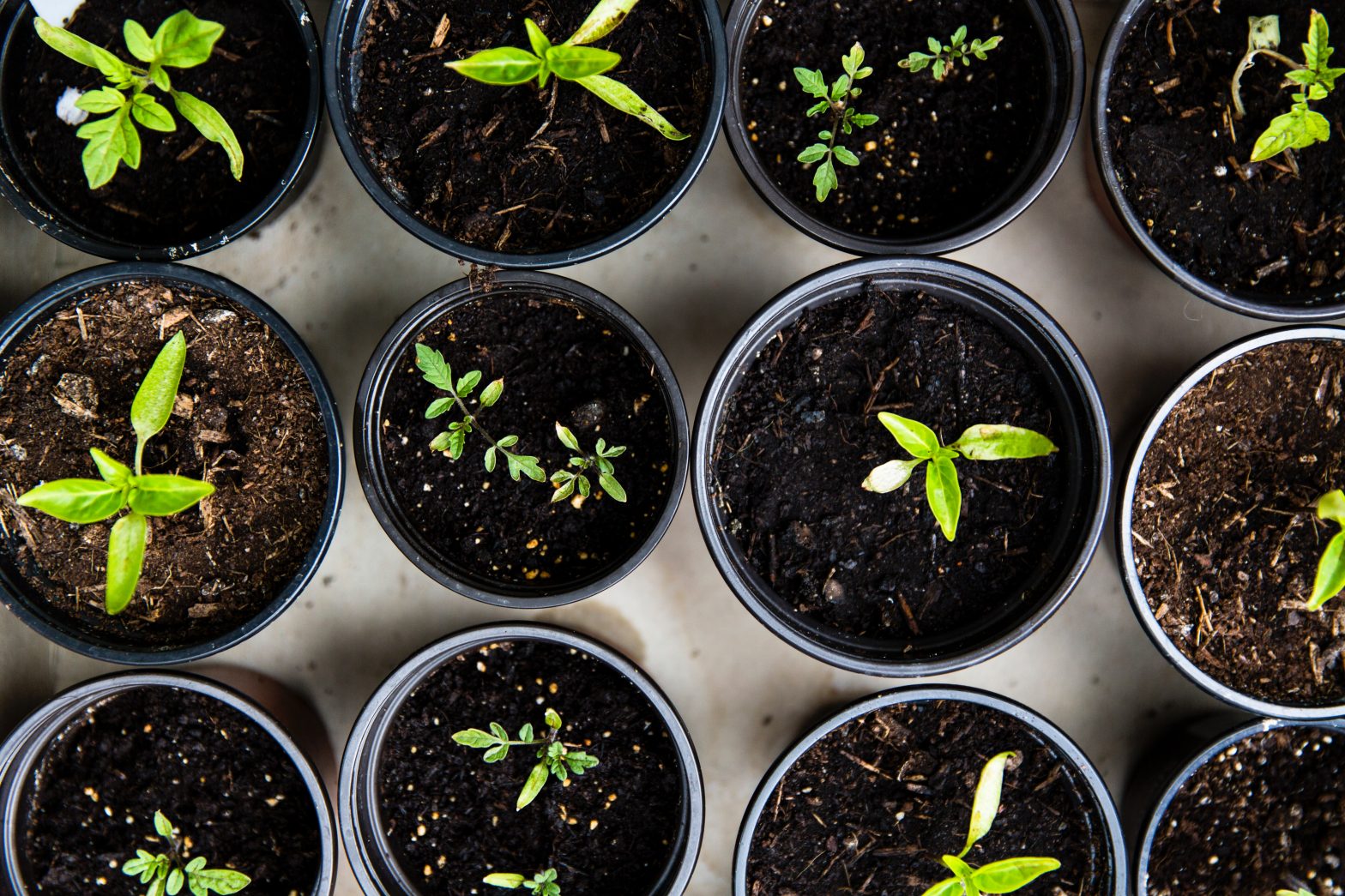In this article, we’re going to give you an answer on can you make your own fertilizer. Organic gardening is as popular as always, and the methods we apply have a significant impact on our health as well as the health of the earth.
There are a variety of all-natural garden fertilizers that may be used directly in your garden or with potting soil. Some of these fertilizers may be created or gathered at home with a typical pantry or backyard materials.
Organic vs Synthetic Fertilizer
- Organic DIY garden fertilizers, unlike fertilizers prepared with synthetic chemical elements, slowly release nutrients into the soil, allowing them to stay longer.
- Because they are organic, these fertilizers are better for the plant’s root system.
- Fertilizers containing mineral salts, which can injure the roots, can occasionally cause seedlings to be burnt.
- Organic fertilizers include complex molecules that keep nutrients in the soil for longer, so they won’t be washed away in the first few minutes of heavy rain.

Most Used Homemade Natural Fertilizers

Clippings of grass
If you have an organic lawn, save the grass clippings and put them in your gardens. A weed-blocking mulch made of half an inch to an inch of grass clippings is also high in nitrogen, which is a necessary nutrient for most plants.
Manure
Manure is produced by a range of animals, including cows, horses, chickens, and even bats. Although each sort of manure is rich in nitrogen and other elements, it must be used with caution. Because raw manure is very acidic and may contain more nutrients than your plants require, too much of it might cause your plants to burn.
Composted manure is the finest option. You may use more of it to boost your soil’s water retention without putting your plants at risk because it is less nutrient-dense and acidic. The good news is that manure quickly decomposes into an odorless soil supplement so you won’t have to wait long.
Scraps from the kitchen
By generating your own compost, you can put your kitchen and yard trash to good use. Compost takes a long time to release nutrients, so a well-composted garden may last a year or two without needing fertilizer. It also contributes to the absorption of moisture in the soil, which is necessary for vegetable gardens to thrive throughout the hot, dry summer months.
Coffee grounds
Coffee grounds have applications in many fields, but one of the most useful is as a plant fertilizer. Many plants grow in acidic soil, including blueberries, rhododendrons, roses, and tomatoes. Recycle your coffee grinds to help your soil become more acidic.
You may either top dress by sprinkling the used grinds over the soil’s surface, or you can use “coffee” to pour over your gardens. To make garden coffee, soak up to six cups of leftover coffee grounds for up to a week, then use it to water acid-loving plants.

Customizing Your Garden Fertilizer
Organic fertilizer with high nitrogen levels may be mixed in to adapt garden fertilizer to the demands of the plant while still providing appropriate nutrients like phosphorus and potassium.
Before you customize your garden fertilizer by mixing it into the soil or combining it with other fertilizers, it’s worth understanding the nutritional content of individual fertilizers. Avoid using ammonium-based fertilizers to personalize your garden.
Ammonium nitrate fertilizer is not recommended for use in vegetable gardens since it destroys beneficial fungus and insects. By adding organic materials such as grass clippings, leaves, and organic waste into the soil, you may modify your garden fertilizer to meet your individual needs.
What Is The Best Homemade Fertilizer For Vegetables?
It is really important to use organic fertilizers to grow your vegetables. Using organic fertilizers doesn’t pollute our water and doesn’t harm animals and plants in the soil. Organic fertilizers are much better than chemical fertilizers because they provide the plants with everything they need.
You can use fish emulsion, kelp meal, compost, and blood meal to make the organic fertilizers. Fish emulsion and blood meal contain nitrogen, potassium, phosphorus, and calcium. These nutrients are essential for growing vegetables. However, be careful when using fish emulsion.
If you use it in too large of an amount, you can cause a fishy smell in your garden. Make sure that you only use small amounts.
Final Words On “Can You Make Your Own Fertilizer?”
In conclusion, to make your own fertilizer, you need to start with the basics. Nutrient-rich soil is the foundation of all healthy growth. A good fertilizer will add nitrogen, phosphorus, and potassium to the soil.
Remember that by adding compost, you increase the soil’s organic matter and make it easier to use the nutrients in the fertilizer. So if you haven’t started your compost yet, this is a perfect time to do so.
–
Author Bio
Tony Manhart is the founder and editor in chief at Gardeningdream. Tony’s enthusiasm and rich experience in all things related to growing plants have led him to share his knowledge with gardening aficionados all over the world. When he is not working around his garden, Tony spends his time writing tips and tricks on various subjects related to plant cultivation and soil maintenance.

